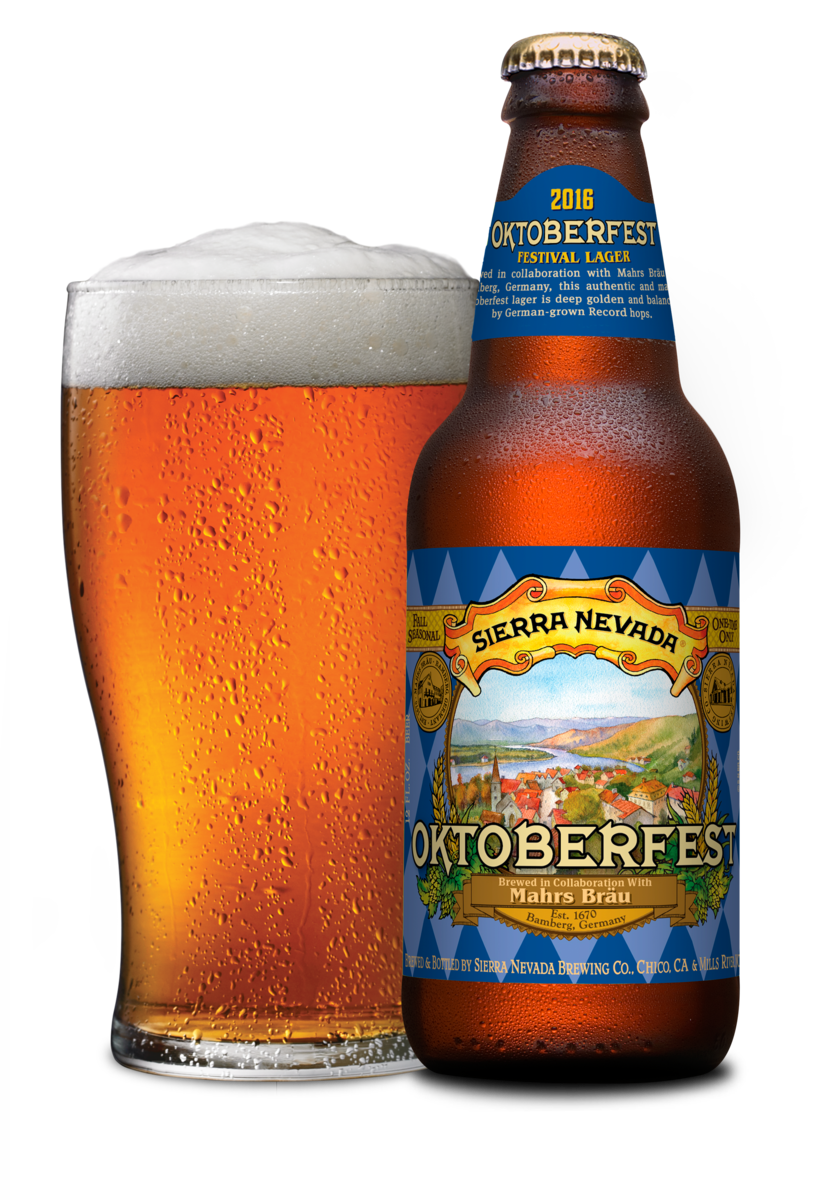Start 14-Day Trial Subscription
*No credit card required

European News (Issue 24)

by Max Bahnson
Stat Czech
The Czech Brewers and Malsters Association has released the official industry figures for 2015. 20.1 million hectolitres of beer were produced last year in the Czech Republic, a 2.2% growth from the previous year.Most of that growth was driven by exports, which were up by 13.3% compared to 2014. In total, 1/5th of the beer brewed in the country ended up being drunk abroad, despite the crisis in Russia, the biggest exportmarket, and thanks in no small part to the increasing demand for Pivo in Korea and China, which grew by 100% and 81% respectively.
The local market, on the other hand, has followed the trend of the last couple of years: remaining stagnant. On-trade sales have shown no signs of recovery, despite campaigns by a couple of large producers to bring punters back to pubs. The only thing of note is that Czechs are now drinking as much Ležák (soon to be renamed Piné pivo – beers between 11° and 13° Plato) as the cheaper Výčepní (beers with less than 11° Plato). To some extent, this is good news for breweries, especially for smaller ones that sell most of their beer on tap – and in some cases, nearly all. Ležáky are still seen as a “premium” alternative to Výčepní and are more lucrative.

by Jim Dykstra
Reinheits-goodbye?
April 23 marked the 500th anniversary of the Reinheitsgebot, Germany's beer purity law mandating that all beer must only be brewed with barley, hops and water (yeast had not yet been "discovered"). The Day of German Beer is somewhat of a holiday in Germany – each year Munich replaces the water in its Oskar-von-Miller ring fountain with 1000 liters of beer, free for the taking, amongst other celebrations.
Aside from the half-millenial milestone, the law's relevance has recently come into question in today's freewheeling and creative craft beer climate. Beer has been a considerable pillar of Germany's economy, but the market has stagnated in recent years, and many point the finger at the culture's traditionalist values. With craft steadily on the rise, and the advent of American brewing culture catching on as brewers like Stone help to build interest with its Berlin location, it will be interesting to see how the cultural clash plays out.
Biere de Marhs
Sierra Nevada has announced that it will be partnering with Bamburg, Germany's Mahrs Bräu for its Oktoberfest beer, which is brewed in collaboration with a different family-owned German brewery each year. Founded in 1670, Mahrs Bräu is currently owned by the Stephen Michel, a fourth-generation owner who has helped the brewery garner acclaim for both its traditional lagers and its ability to get creative.
This year's version will feature the malt complexity the style is known for along with the seldom used "Record" hop.
“We’re excited to be working together with Mahrs Bräu,” said Ken Grossman, “We have so much in common with them in the way we approach brewing, and the way we run our businesses. We’re both independent, family-owned breweries with a respect for tradition, yet we’re not handcuffed by it. We’re not afraid to innovate and to change things up. We both care deeply about the environment, and work to make our respective beers with a mindful eye on how that impacts the world around us.
Look for the beer in six-packs this August.
Photos courtesy Carolyn Smagalski (top), Dries Beheydt, and Sierra Nevada


